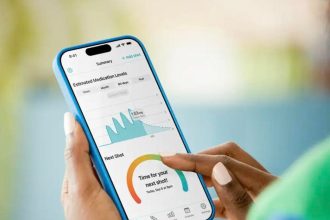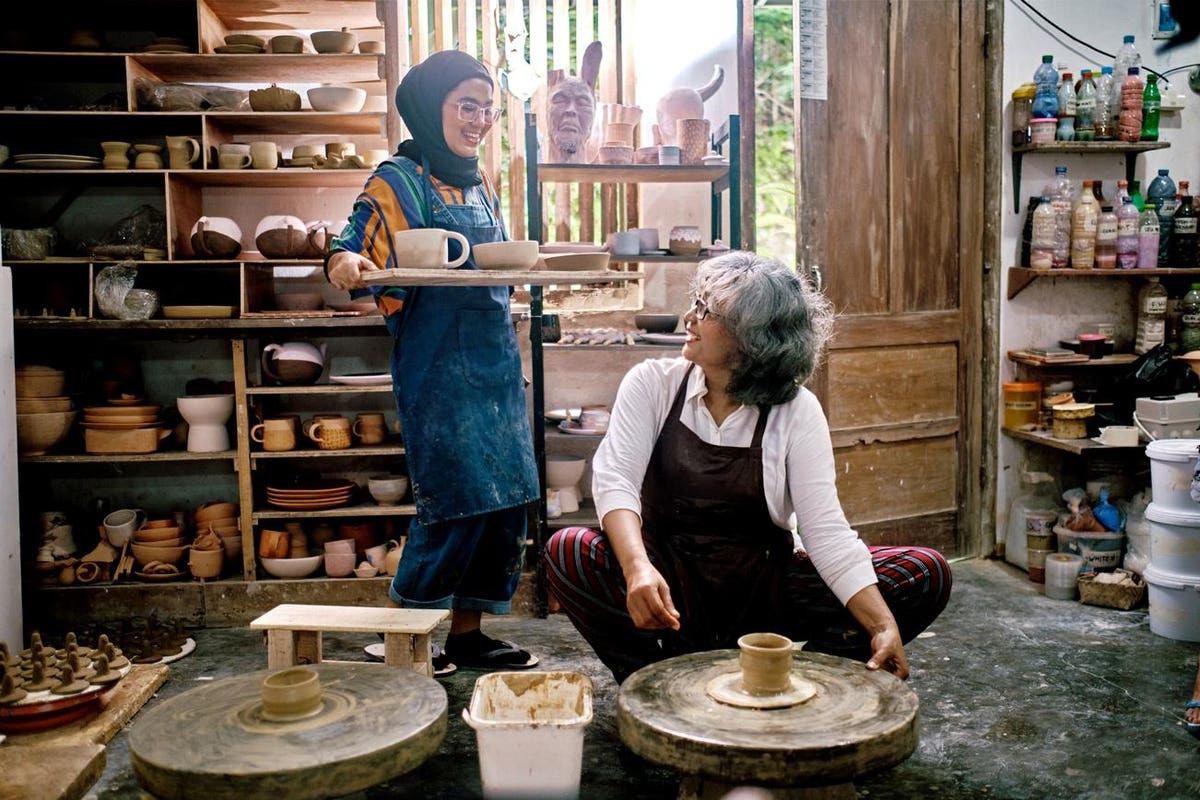Ryan Manafe, CEO and Co-Founder of Dagangan.
Since the Asian Development Bank (ADB)’s 1976 survey of the region, most of rural Asia has undergone an economic transformation. The rural economy has become increasingly intertwined with a rapidly integrating global economy, creating new opportunities and challenges for rural Asia.
Micro, small- and medium-sized businesses (MSMEs) are essential to the growth and advancement of the Association of Southeast Asian Nations (ASEAN) economy. Depending on the criteria, there are 70 million MSMEs in ASEAN, representing between 97.2% and 99.9% of all establishments in the ASEAN Member States. Microenterprises account for most businesses, with MSMEs accounting for 85% of employment, 44.8% of GDP and 18% of national exports. In Indonesia, 75%, three out of five people live in rural areas. The country’s archipelagic geography makes it challenging to reach many areas, particularly its frontiers. Yet even though the market potential for MSMEs in rural areas is enormous, there is a misconception that investing in rural areas yields lower returns.
MSMEs are critical to the Indonesian economy since they are responsible for much economic activity, including the production and distribution of nearly all of the country’s staple products, including food, to the whole population. In addition, MSME growth has been a government priority, particularly the digitalization program for MSMEs to reach 30 million by 2024.
However, as a result of the government’s MSME digitalization program, we face a number of obstacles. First, only 20%, or 12 million, of Indonesia’s 64 million enterprises have digitized for online business. Despite Indonesia having a population of approximately 212 million people (equivalent to 77% of the population) who use the internet, accessing the internet remains a challenge in the country.
Another barrier is the difficulty in obtaining funding. The promotion of digital technology is ongoing to enhance access to financial services for the community. The achievement of 90% national financial inclusion by 2024 heavily relies on the vital role of MSMEs. To address this issue, the Promoting SME Enterprises through Improved Entrepreneurs’ Access to Financial Services (PROMISE II IMPACT) project develops programs to foster a more inclusive financial sector for SMEs in order to stimulate economic growth and job creation.
Rural As A Potential Market
Traditional mom-and-pop shops (warungs) in rural markets are a type of MSMEs. By embracing online marketplaces and collaborating with digital ecosystem platforms, warungs can access a broader range of products at competitive prices, eliminating the need for expensive intermediaries. E-commerce platforms also enable rural shops to streamline inventory management, reduce operational costs and reach a broader customer base. With improved logistics and last-mile delivery solutions, they can efficiently serve rural customers, providing affordable goods while expanding their business opportunities through digital channels.
In 2021, according to the World Bank’s development indicators, 42.71% of Indonesia’s population resided in rural areas. As a result, the market potential here is enormous for business owners. By leveraging technology and revamping your supply chains, you can help rural communities access affordable goods. When MSMEs in Tier 1 and 2 cities have the infrastructure necessary to distribute high-quality and reasonably priced daily essentials to rural markets, it can help support their sales growth and enhance the welfare of communities. Technology encourages entrepreneurship and economic development in underserved regions by simplifying warung owners’ acquisition of more accessible essential supplies.
Integrated Middle-Low Community Commerce
Implementing an “integrated middle-low community commerce” strategy can help rural enterprises find significant untapped markets in Tier 3 and 4 cities. Rural MSMEs should be able to reach out to potential customers in cities. Urban-to-rural and rural-to-urban trade can help both economies grow, and MSMEs can expand their customer bases beyond their neighborhoods by leveraging the current digital economy, which provides products at affordable prices. This rural-commerce platform can give business owners in rural areas the tools to grow together and help the local economy.
How MSME Owners Can Take Action
Based on this evidence, I believe technology is one of the most critical factors in driving national economic development. For MSME owners, here are a few steps that you should consider adding to your action plan to boost your business growth.
• Engage with the digital ecosystem. MSMEs can utilize digital platforms that offer a variety of reasonably-priced products directly from the principals to provide additional goods to the customers. When looking for a platform partner, seek one that can help with and advise you on how to manage production and operations efficiently, improve supplies and logistics, manage human resources, improve sales and marketing and manage your finances. (Full disclosure: My company offers these services, as do others.)
• Improve your digital literacy. It’s important to be aware of emerging technologies and platforms that align with your industry and growth goals. Your digital platform partner should also be able to help you stay up-to-date on these trends if it is currently outside your purview.
• Invest in smartphones. Unlike a few years ago, the smartphone is no longer considered a “premium good” today; even those with a limited income typically have one. Every MSME should invest in a smartphone because these devices enable you to stay connected with customers, suppliers and partners.
• Conduct market research. Market research is about more than conducting expensive qualitative and quantitative analysis. Instead, small conversations with customers about their needs can generate ideas for high-demand products. Engage with the local community by interacting with customers, participating in community events and conducting surveys or interviews. These can provide valuable insights into your target market’s needs, preferences and purchasing behaviors.
Traditional mom-and-pop shops are the real economy sectors in rural areas, and the digital ecosystem can not only accelerate the business of the warungs but also drive rural economic growth.
Forbes Business Council is the foremost growth and networking organization for business owners and leaders. Do I qualify?
Read the full article here





